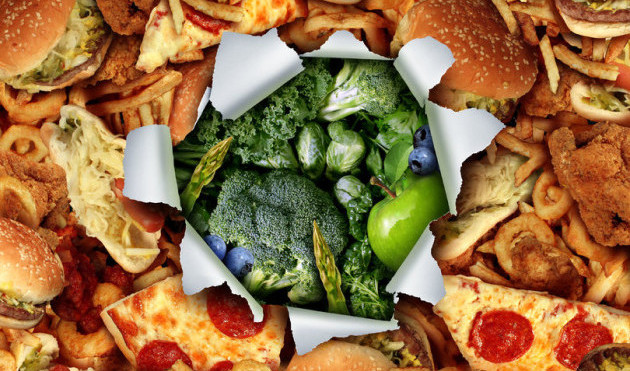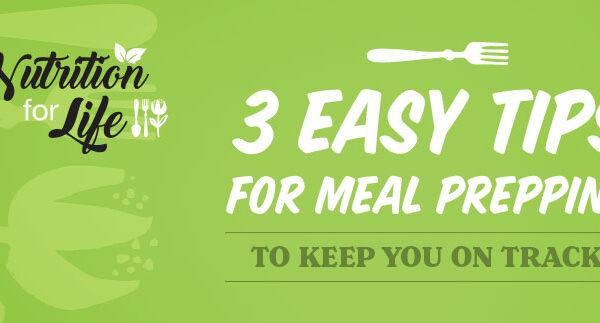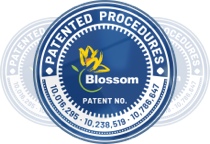I have heard this quote many times: “I didn’t have weight loss surgery to be on a diet for the rest of my life!”
The transition to a healthier diet after weight loss surgery is one of the hardest challenges that people face. The simple truth is, you will be changing your diet. Quite drastically. The smaller size of your stomach only allows for a certain amount of food before feeling full, and should be filled with protein first, followed by vegetables.There isn’t much room for anything else. That is the beauty of the surgery–it gives you the restriction you wanted to be able to make positive changes.
Protein is one of the nutrients that your body needs most to continue a healthy lifestyle. Before weight loss surgery, consuming up to 80 grams of protein per day was no big deal, but now, with a smaller stomach, this equates to a large portion of available space. If your body is not getting the amounts of protein it needs to function properly, it may begin to break down the muscle leaving you feeling nauseous, irritable, weak and tired. If the lack of protein continues for extended periods of time, symptoms like swelling, hair loss, skin problems, and increased risk of infection may occur. If you are having a hard time eating enough protein, you may need to supplement with protein in a pill form or a shake.
The good news is that the longer you eat your new diet, the easier the transition will become, and you may even find yourself turned off by the unhealthy foods you use to love because of the way they make you feel after consuming them. This makes sticking to a healthier diet, and subsequently losing the weight, a lot easier!
The first 60-100 pounds that you lose are the results of the surgery. Keeping those pounds off are the results of your diligence and hard work. There are many changes that occur in your body post surgery and you need to make sure you support it by choosing REAL foods, drinking your water and protein shakes and taking your supplements EVERYDAY.




